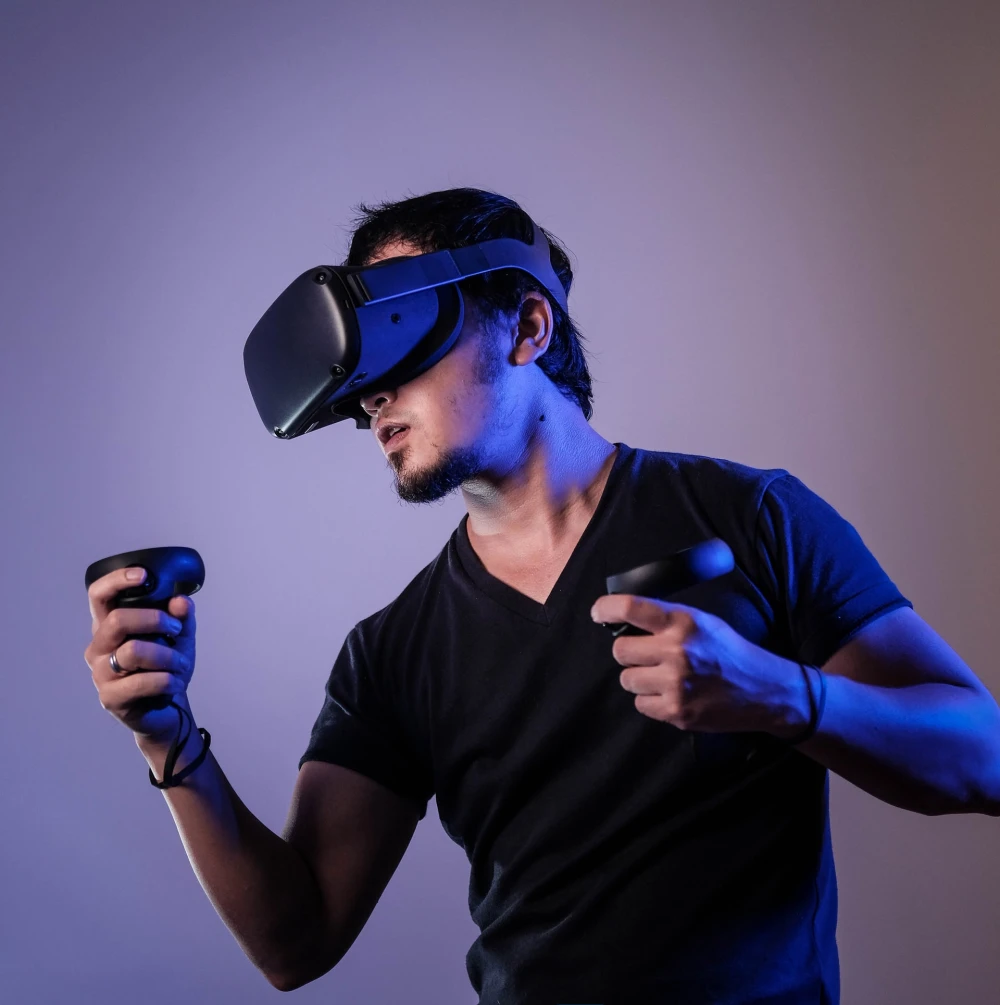Quantum Computing: The Next Revolution
Quantum Computing: The Next Big Leap
For decades, the relentless march of classical computing has driven innovation across nearly every facet of modern life. From the smartphones in our pockets to the complex algorithms powering global finance, we’ve become accustomed to ever-increasing processing power. But we’re rapidly approaching the physical limits of what classical computers can achieve. This is where quantum computing enters the picture – not as a replacement for our current technology, but as a fundamentally different approach to computation with the potential to solve problems currently intractable for even the most powerful supercomputers.
But what *is* quantum computing? It’s a question that often elicits blank stares, and understandably so. It’s a field steeped in the counterintuitive principles of quantum mechanics. Let’s break down the core concepts.
Bits vs. Qubits: The Foundation of the Difference
Classical computers store information as bits. A bit can be either a 0 or a 1 – a simple on/off switch. Quantum computers, however, use qubits. The magic of qubits lies in their ability to exist in a state of superposition. Imagine a coin spinning in the air. It’s neither heads nor tails until it lands. A qubit is similar; it can be a 0, a 1, or a combination of both *simultaneously*. This isn’t just a mathematical trick; it’s a fundamental property of quantum systems.
This superposition allows quantum computers to explore many possibilities at once. A classical computer would have to try each possibility sequentially. For example, if you’re trying to find a specific item in a list of four, a classical computer might check the first, then the second, then the third, and finally the fourth. A quantum computer, leveraging superposition, can effectively check all four at the same time.
Another key concept is entanglement. When two qubits are entangled, their fates are intertwined, no matter how far apart they are. Measuring the state of one instantly reveals the state of the other. Einstein famously called this “spooky action at a distance.” Entanglement allows qubits to work together in ways that classical bits simply cannot, further amplifying the computational power.

How Quantum Computers Work (In a Simplified Way)
Building a quantum computer is an immense engineering challenge. Qubits are incredibly fragile and susceptible to decoherence – the loss of their quantum properties due to interaction with the environment. Maintaining the delicate quantum state requires extremely controlled conditions, often involving supercooling to temperatures colder than outer space.
Several different technologies are being explored to create qubits, including:
- Superconducting circuits: These are currently the most advanced and widely used approach, employed by companies like Google and IBM.
- Trapped ions: Using individual ions (charged atoms) held in place by electromagnetic fields.
- Photonic qubits: Utilizing photons (particles of light) to represent qubits.
- Topological qubits: A more theoretical approach aiming for greater stability.
Once qubits are created and controlled, quantum algorithms are applied. These algorithms are specifically designed to take advantage of quantum phenomena like superposition and entanglement. They aren’t simply faster versions of classical algorithms; they often represent entirely new ways of solving problems.
What Problems Can Quantum Computers Solve?
Quantum computers aren’t going to replace your laptop anytime soon. They excel at specific types of problems where classical computers struggle. Here are some key areas:
Drug Discovery and Materials Science: Simulating molecules is incredibly difficult for classical computers. Quantum computers can accurately model molecular interactions, leading to the design of new drugs and materials with specific properties. Imagine designing a superconductor that works at room temperature, or a catalyst that dramatically improves energy efficiency.
Cryptography: Many of the encryption algorithms that secure our online communications are based on the difficulty of factoring large numbers. Quantum computers, using algorithms like Shor’s algorithm, can efficiently factor large numbers, potentially breaking these encryption schemes. This is driving research into post-quantum cryptography – developing new encryption methods resistant to quantum attacks.
Optimization Problems: Many real-world problems involve finding the best solution from a vast number of possibilities – optimizing logistics, financial portfolios, or machine learning models. Quantum algorithms like Quantum Annealing can potentially find better solutions faster than classical methods.
Machine Learning: Quantum machine learning is an emerging field that explores how quantum algorithms can enhance machine learning tasks like pattern recognition and data analysis.
The Current State of Quantum Computing
Quantum computing is still in its early stages of development. We are currently in the NISQ (Noisy Intermediate-Scale Quantum) era. This means that current quantum computers have a limited number of qubits and are prone to errors. While they can’t yet solve practical problems better than classical computers, they are valuable for research and algorithm development.
Companies like IBM, Google, Microsoft, and Rigetti are investing heavily in building larger and more stable quantum computers. Cloud access to quantum computers is becoming increasingly available, allowing researchers and developers to experiment with the technology. The race is on to build a fault-tolerant quantum computer – one that can correct errors and perform complex calculations reliably.
The Future of Quantum Computing
The potential impact of quantum computing is enormous. While widespread adoption is still years away, the progress being made is remarkable. It’s not just about faster computers; it’s about a fundamentally new way of thinking about computation.
Challenges remain, including scaling up the number of qubits, improving qubit stability, and developing new quantum algorithms. However, the potential rewards are so significant that the investment and research will undoubtedly continue. Quantum computing represents the next big leap in computational power, and it promises to reshape industries and solve some of the world’s most challenging problems.
Further Exploration:
- IBM Quantum: https://quantum-computing.ibm.com/
- Google AI Quantum: https://ai.googleblog.com/search/label/Quantum%20AI



